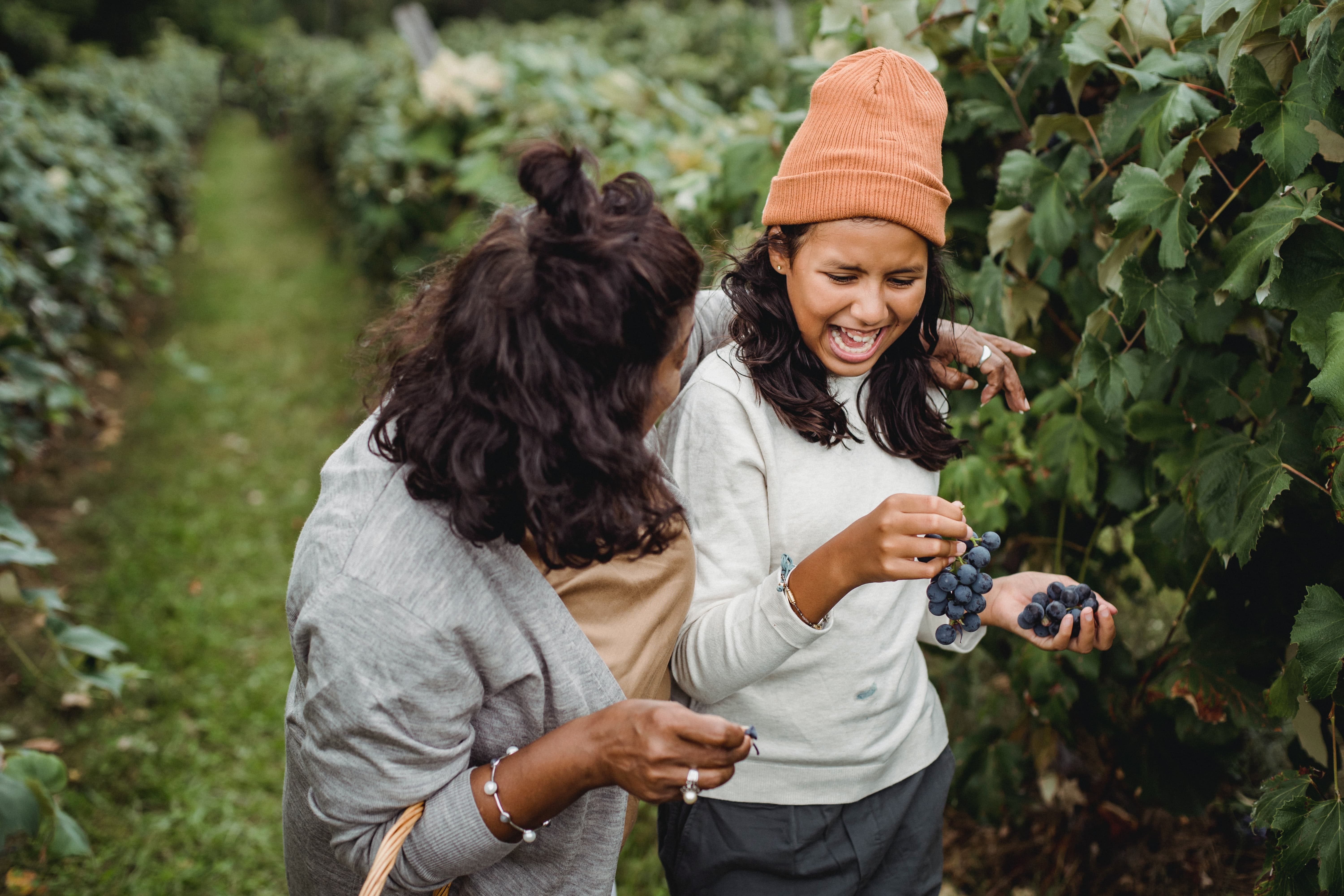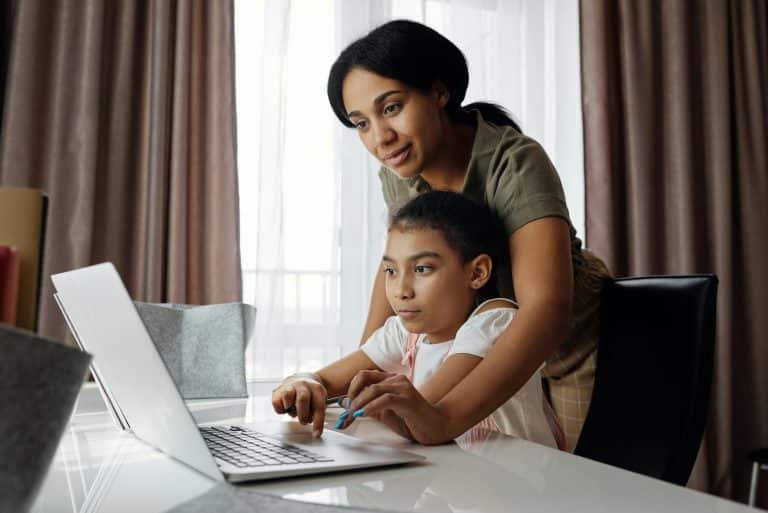Digital parenting strategies of parents in NZ
Netsafe’s latest research, Global Kids Online: Digital Parenting Strategies and Behaviours of New Zealand Parents, presents findings from a study looking at the strategies parents, caregivers and whanau in New Zealand use to mediate their children’s experiences of online risk and harm. See full report Key findings The research identified: The research revealed as children get…

Netsafe’s latest research, Global Kids Online: Digital Parenting Strategies and Behaviours of New Zealand Parents, presents findings from a study looking at the strategies parents, caregivers and whanau in New Zealand use to mediate their children’s experiences of online risk and harm.
Key findings
The research identified:
- The research revealed as children get older, parents were less likely to talk to them about what they do online (66 percent of 9-11-year-olds’ parents said they often/very often did this compared to 56 percent and 39 percent for those aged 12-14 and 15-17, respectively).
- The most common parenting behaviour respondents identified as doing was talking to their children about their online activities. The least was sharing activities with children, with 91 percent and 64 percent respectively doing these activities at least sometimes.
- Over three-quarters of parents, caregivers and whānau reported trying out the digital parenting activities measured by Netsafe’s study, which included:
• Suggesting ways to use the internet safely
• Talking to children about what they do on the internet
• Doing shared activities together on the internet
• Discussing what to do if something online bothers or upsets them
• Explaining why some websites are appropriate or inappropriate
• Helping children when something bothers them on the internet - Parents of younger children were more likely to say these utilised strategies, particularly those with children aged 9 to 11.
- The study also found some differences in parenting approaches depending on the gender and ethnicity of the child. Those raising girls were more likely to talk to their child about what to do if something bothers or upsets them online. Parents of Asian children frequently shared activities with their child on the internet (30 percent), while New Zealand European/Pakeha children were least likely to do this (21 percent).
Netsafe insights
- There’s a misconception that parents need to be tech experts to properly support their tamariki, but sharing life experiences, engaging in the activities their child is undertaking and using the tools available are an invaluable part of helping your child.
- For parents, whānau and caregivers needing extra support there is advice to help you tackle some of the challenges and opportunities that exist online in the parent section of our website.
About the report
This report is Netsafe’s fourth publication as a member of the Global Kids Online network. Netsafe joined the international network dedicated to the study of children’s rights, risks and opportunities with the support of UNICEF NZ in September 2018.
Netsafe’s work as a member of the network reflects a commitment to helping New Zealand kids maximise digital opportunities and prevent the impact of online harm. Our dedicated research team are available to exchange expertise and knowledge. You can contact them at [email protected]



